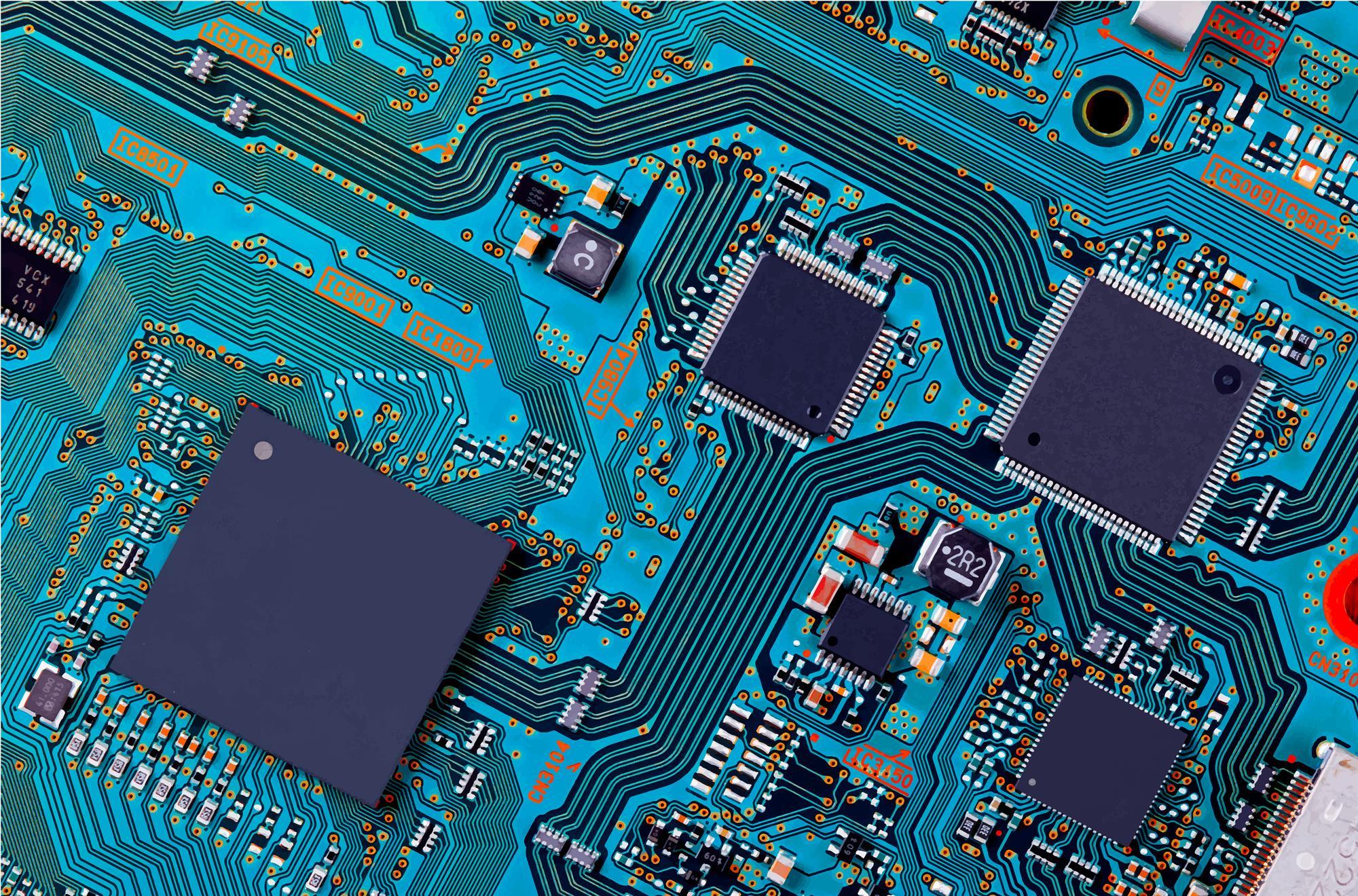Using the example of Huawei Technologies , one could understand that Chinese companies that fell under US export restrictions retain the legal opportunity to obtain goods and technologies of American origin through counterparties that have the appropriate export licenses. Representatives of the American Parliament generally argue that the relevant department rejects only 8% of relevant applications for licenses.

Michael McCaul, who chairs the Foreign Relations Committee in the lower house of the US Parliament, made similar statements . “In the vast majority of cases, the Commerce Department continues to grant licenses to supply critical US technology to our adversaries,” the congressman said. According to him, this department refused only 8% of applications from those wishing to obtain a license to supply goods to Chinese companies from the "black list" in the first quarter of last year. During that period, the total trade turnover with these companies, approved by the US authorities, reached $23 billion.
Representative of the Democratic Party, Congressman Gregory Meeks, urged his colleague to pay less attention to the quantitative assessment of export licenses issued, since such statistics in themselves do not reflect the nature of approved transactions. A week ago, we recall, the US authorities added several more Chinese companies to the list of unreliable, suspecting them of supplying components for the creation of Russian weapons. In early October, the US government imposed broader sanctions targeting the ability of Chinese manufacturers to produce a certain range of semiconductor components.







